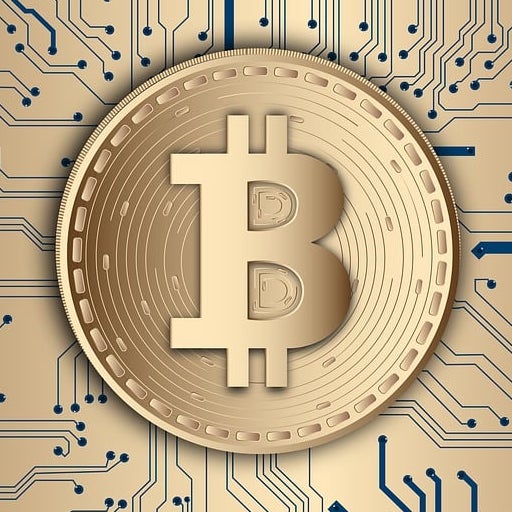The United States’ national debt has now exceeded $35 trillion, signaling the unsustainable trajectory of economies built on Keynesian principles. As inflation continues to devalue fiat currencies, the need for sound money becomes more urgent. Bitcoin, a decentralized digital currency, offers a compelling alternative to the flaws of the traditional monetary system.
The Keynesian System: A Century of Debt and Inflation
For over a century, Keynesian economics has dominated global financial policy. Its core idea is that governments should use debt and spending to stimulate growth, with Gross Domestic Product (GDP) as the primary measure of success. However, this approach has fueled runaway debt and inflation, particularly in the United States.
Since the creation of the Federal Reserve in 1913, the purchasing power of the U.S. dollar has declined by an astounding 93%. This means that a dollar in 1913 is equivalent to just seven cents today. This erosion of purchasing power is a direct result of continuous money printing and inflationary policies designed to prop up the economy through artificial means. Inflation acts as a hidden tax, reducing the value of wages and savings for the average person, while disproportionately benefiting those closest to the money supply—namely, financial institutions and large corporations.
The U.S. debt reflects the unsustainable nature of Keynesianism. As governments print more money to pay off debt, the inflationary spiral worsens, eroding wealth for everyday citizens and creating an ever-widening gap between the wealthy and the working class.
Bitcoin: The Answer to Inflation and Unsustainable Debt
In stark contrast to the fiat system, Bitcoin is based on the principles of Austrian economics, which emphasize sound money, savings, and individual financial sovereignty. Bitcoin’s fixed supply of 21 million coins makes it ultimately deflationary—no central authority can print more Bitcoin, ensuring that its value is preserved over time. In fact, with approximately 450 Bitcoin currently being mined daily, the inflation rate for bitcoin stands around 0.84%. As we continue through the epoch halvings this inflation rate will continue to fall.
Bitcoin offers a safe haven from inflation. As fiat currencies lose value due to continuous money printing, Bitcoin’s scarcity and decentralized nature protect it from the forces that erode traditional currencies. By adopting Bitcoin, individuals can safeguard their wealth and protect themselves from the inflationary policies of central banks.
Historically, sound money systems like gold have served as a reliable store of value, but even gold was subject to manipulation. Bitcoin, governed by code and cryptography, eliminates the risk of debasement. It is a transparent, decentralized network that ensures every transaction is secure, verifiable, and immutable.
A Looming Economic Crisis
The consequences of Keynesian economic policies are becoming more apparent. With virtually every nation having historic debt levels that continue climbing and inflation continuing to erode purchasing power, the global economy is on a precarious path. History has shown that nations burdened by excessive debt often face financial collapse. Germany’s Weimar Republic in the 1920s is a prime example, where hyperinflation led to economic disaster, political turmoil, and eventually, World War II.
If the current Keynesian model persists, the risk of economic instability will only grow. As governments continue to print money and accumulate debt, the potential for financial crisis becomes more likely.
The Bitcoin Standard: A Path to Financial Sovereignty
Bitcoin offers an escape from this debt-driven system. As a decentralized currency, it allows individuals to take control of their financial future, free from the inflationary pressures of fiat money. Bitcoin empowers people to save, invest, and transact in a system that operates on transparent, immutable rules.
Adopting Bitcoin is not just a financial decision – it’s a movement toward a sound money standard. Nations like El Salvador, which have embraced Bitcoin as legal tender, are showing the world that a decentralized currency can lead to financial stability and economic growth. By moving away from inflationary fiat systems, both individuals and nations can build a more equitable and sustainable future.
Conclusion: Bitcoin as a Solution to Keynesian Failures
The Keynesian economic model, which has dominated for over a century, has led to unsustainable debt, runaway inflation, and a steady erosion of purchasing power. Bitcoin offers a way out—a decentralized, deflationary currency that cannot be manipulated by governments or central banks. As more people and nations adopt Bitcoin, it is becoming clear that sound money, not debt, is the key to a stable and prosperous economy. Now is the time to embrace Bitcoin and move toward a system that values financial sovereignty, transparency, and long-term stability. Bitcoin isn’t just a store of value—it’s the foundation for a new global economic system, free from the inflationary pressures of the past.
